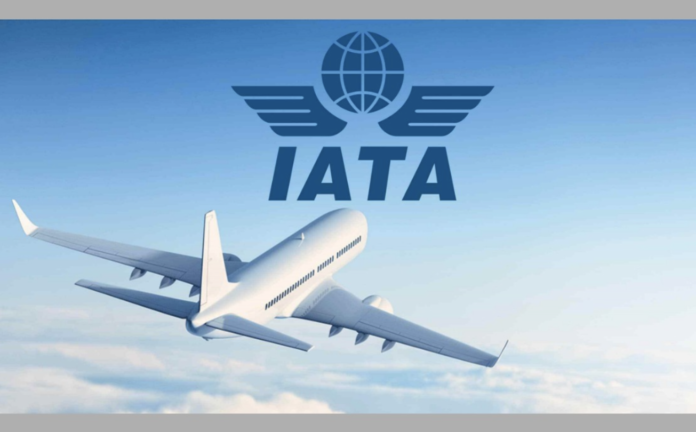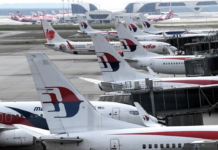KUALA LUMPUR, May 4 — The Russia-Ukraine war and the Omicron variant of COVID-19 continued to weigh on air cargo, with global demand measured in cargo tonne-kilometres (CTKs), falling 5.2 per cent in March 2022 compared to the same month last year.
Citing its March 2022 data for global air cargo markets, the International Air Transport Association (IATA) said air cargo capacity was 1.2 per cent above that of March 2021.
“While this is in positive territory, it is a significant decline from the 11.2 per cent year-on-year (y-o-y) increase in February 2022, with Asia and Europe experiencing the largest falls in capacity,” it said in a statement late Tuesday.
It revealed that Asia-Pacific airlines saw their air cargo volumes decrease by 5.1 per cent in March 2022 compared to the same month in 2021, while available capacity in the region fell 6.4 per cent compared to March 2021, the largest drop of all regions.
“The zero-COVID policy in mainland China and Hong Kong is impacting performance,” it said.
Noting that air cargo markets mirror global economic developments, IATA director general Willie Walsh said that in March 2022, the trading environment took a turn for the worse.
“The combination of war in Ukraine and the spread of the Omicron variant in Asia have led to rising energy costs, exacerbated supply chain disruptions and fed inflationary pressure.
“As a result, compared to a year ago, there are fewer goods being shipped, including by air,” he said.
Walsh said peace in Ukraine and a shift in China’s COVID-19 policy would do much to ease the industry’s headwinds.
“As neither appears likely in the short term, we can expect growing challenges for air cargo just as passenger markets are accelerating their recovery,” he said.



















